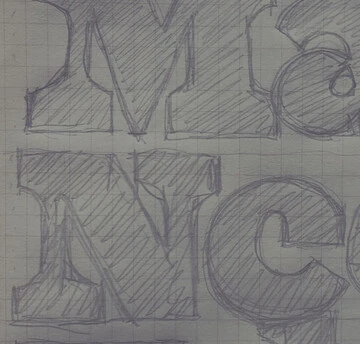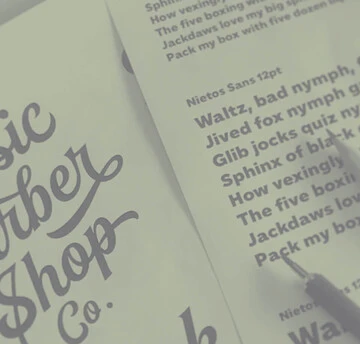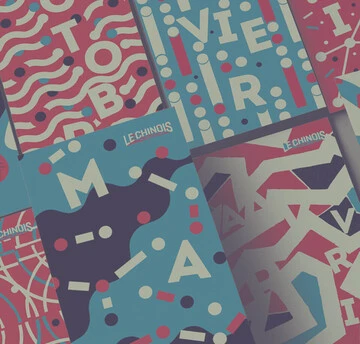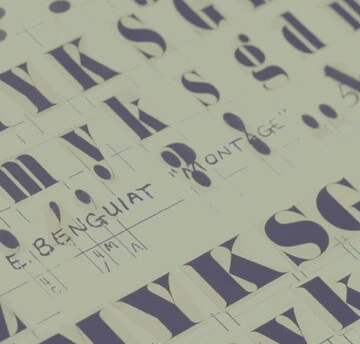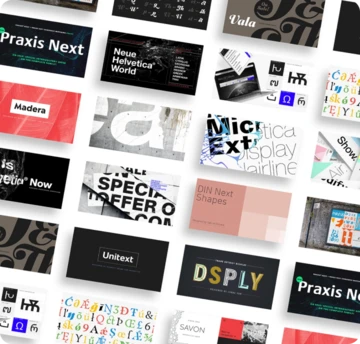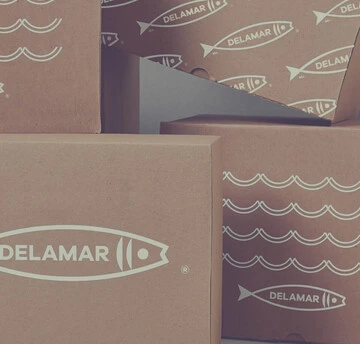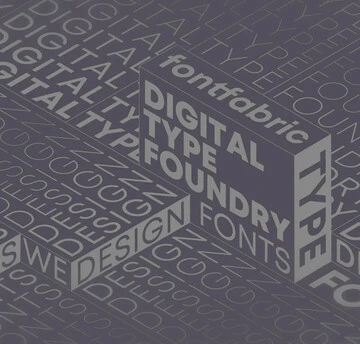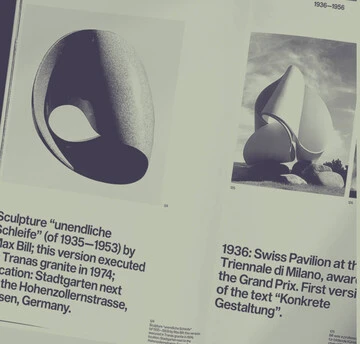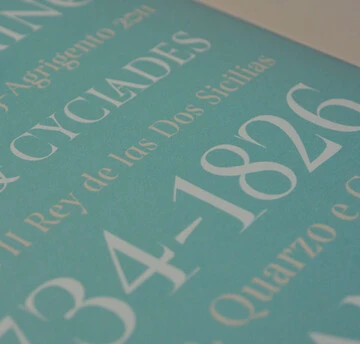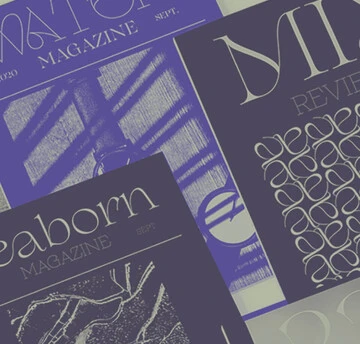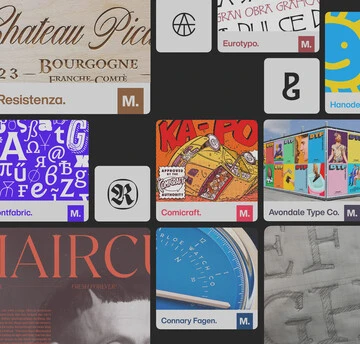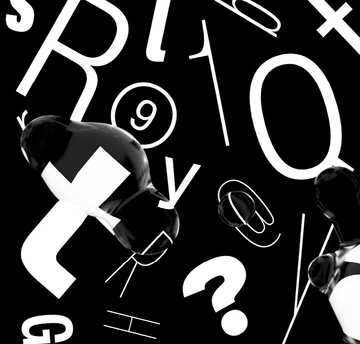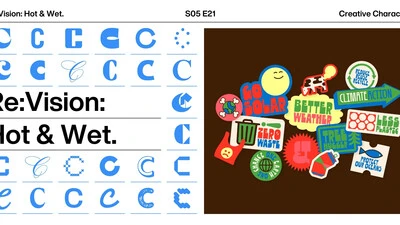Resources.
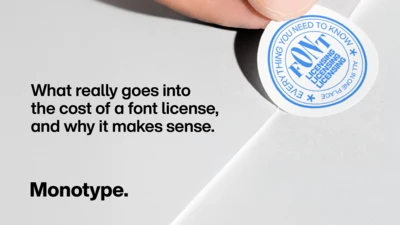
Behind every font is an type designer’s time, creativity, and craft; and behind every license is a set of practical factors: where the font appears, how often it’s used, how many people interact with it, and how central it is to your brand’s identity.
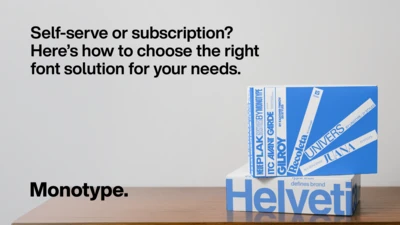
Think of buying and managing fonts like choosing footwear. Stilettos can look fab and work perfectly in the right situation — but they’re not right for every occasion or every person. Self-service font stores like MyFonts offer convenience and instant access, ideal for smaller projects or one-off purchases.
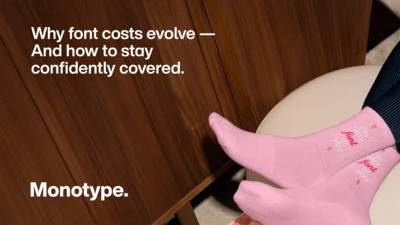
Many businesses assume they’re covered for the long haul once they secure a font license, to only to find out that isn’t the case. Many businesses assume they’re covered for the long haul once they secure a font license, only to find out that isn’t the case.

Licensing fonts can often feel like a confusing process, but it doesn’t have to be.
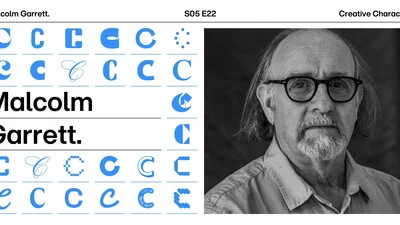
In this final episode of the season, legend Malcolm Garrett discusses his influential career, music branding for iconic bands, and thoughts on how AI is transforming design.
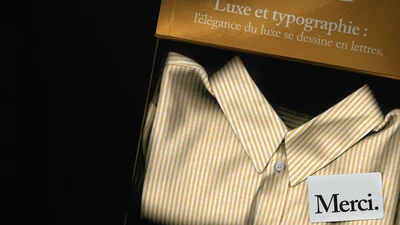
The typefaces or logo designs chosen by luxury houses are never random: they embody their values, history, and vision while reflecting their strategic positioning.
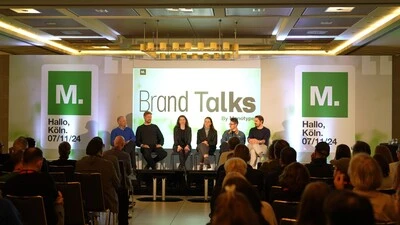
We recently had the pleasure of hosting Brand Talks in Cologne. It was our first ever aufenthalt in the carnival-capital, and it was a great success! We enjoyed a captivating afternoon, hearing from some of the industry’s finest, talking about what they do best. Monotype’s Creative Type Director,Sina Otto set the stage with a powerful opening.
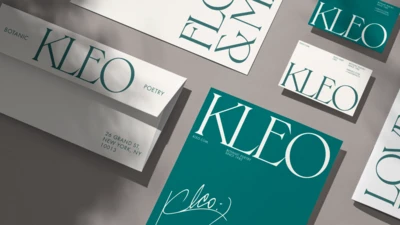
In the commercial printing world, nothing is more frustrating or less welcome than waste – wasted time, wasted materials, and wasted effort. Prepress systems can help streamline the process, but certain issues often slip through the cracks. And since one of the most common reasons for unwanted reprinting across prepress systems is faulty, incompatible or missing font files, we’re offering the following best practices.
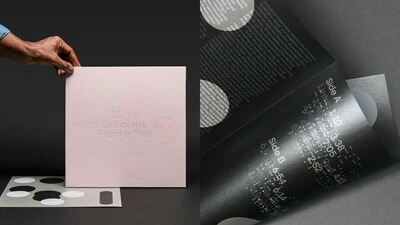
We recently spoke with London designer and Art Director Hugh Miller about the project that landed him the Freda Sack award, the highest accolade from the International Society of Typographic Designers. Read on to learn more about his thoughtful work.
